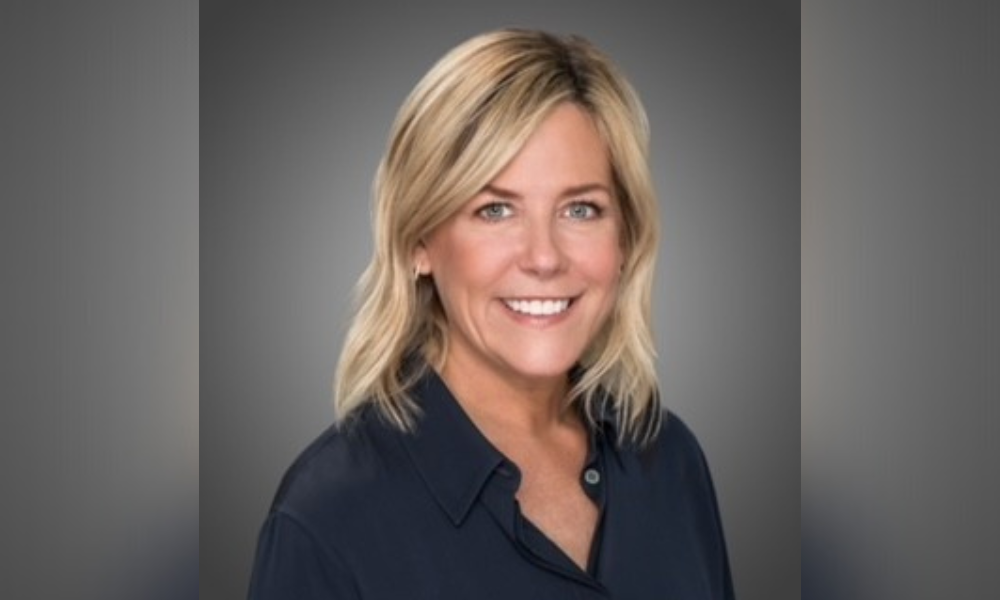
Desire for hybrid or fully remote work is strongest among under-represented groups, study shows

The desire for flexibility remains strongest among under-represented groups, according to the Summer 2022 Future Forum Pulse, which surveyed more than 10,600 knowledge workers across the United States, United Kingdom, Australia, France, Germany and Japan.
Nearly nine in 10 (88%) Asian/Asian Americans prefer fully remote or hybrid work, which is up from 82% in February. That’s followed by 83% of Black employees, 81% of Hispanic employees and 79% of White employees, according to the findings.
“This shows that various ethnic groups experience and value flexible work models differently,” says Camie Shelmire, chief people officer at Brillio, an Edison, NJ-based digital transformation partner. “Companies must adapt their policies accordingly to meet employees’ expectations across the board. Diversity, equity and inclusion (DEI) efforts must reflect workers’ needs for personalization, support, flexibility and collaboration to strengthen company culture as a whole.”
Read more: Viola Davis launched production company ‘out of necessity’
The push for diversity, equity and inclusion (DEI) has intensified since the racial protests throughout the United States in the summer of 2020. Although Corporate America has pledged to make a difference in the C-suite and amongst the workforce, few companies have made meaningful progress, according to the 2022 Workplace DEI Report by Culture Amp.
In the company’s survey of HR leaders and DEI practitioners, only 34% of respondents reported having enough resources to support their DEI initiatives. While half of surveyed companies reported having a DEI mission statement, only 49% have a strategic diversity plan in place. Furthermore, only 40% of organizations are conducting DEI-specific surveys.
DEI isn’t the only initiative from the COVID-19 pandemic that seems to have fallen on deaf ears. Although companies have granted their employees unprecedented freedom in where, when and how they work, now they’re slowly but surely stripping their newfound power away. That’s evident by the return-to-office (RTO) push that’s been sweeping the U.S. following Labor Day.
However, there’s been a shift in workforce dynamics and Shelmire says there’s no turning back the clock to 2019.
“The fact of the matter is employees expect greater autonomy, and employers must accommodate their needs by providing a system of support that will allow employees to deliver their best work, whether they’re fully remote, fully in office or hybrid,” Shelmire told HRD. “For companies to be successful, it’s critical that they be intentional about talent strategy and ensure that, within that strategy, there is a clear plan addressing employee working models that also support business objectives.”
“Among organizations with a hybrid work model in place, leaders must bridge the divide between those at home or in the office by presenting more opportunities for teams to collaborate,” Shelmire continues. “This means integrating new digital transformation tools to improve communication efforts and streamline workflow and adopting new workplace policies that enable flexibility and greater understanding of evolving employee needs.”
A consortium launched by Slack, along with founding partners Boston Consulting Group, MillerKnoll and MLT, the Future Forum helps companies redesign work in the new digital-first workplace.